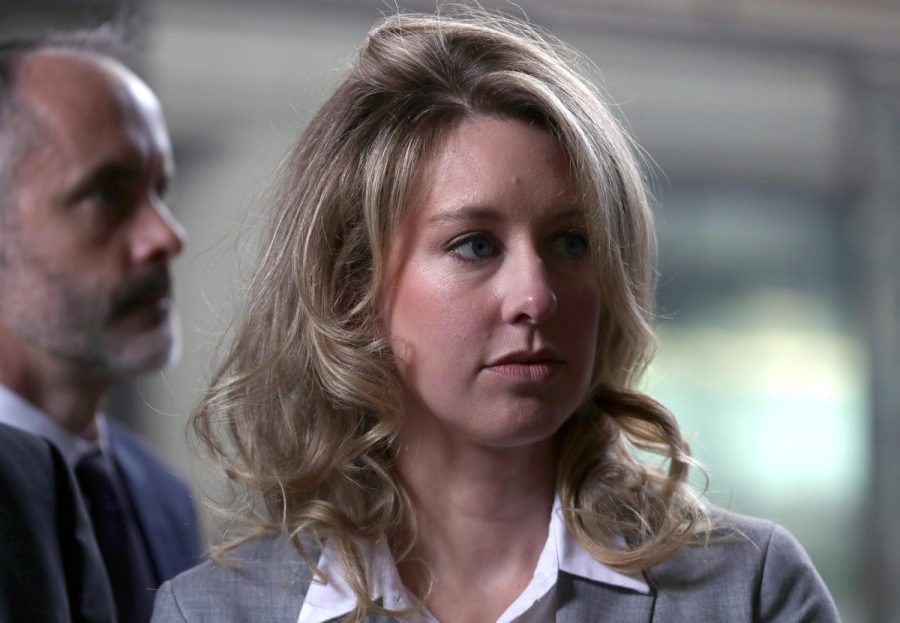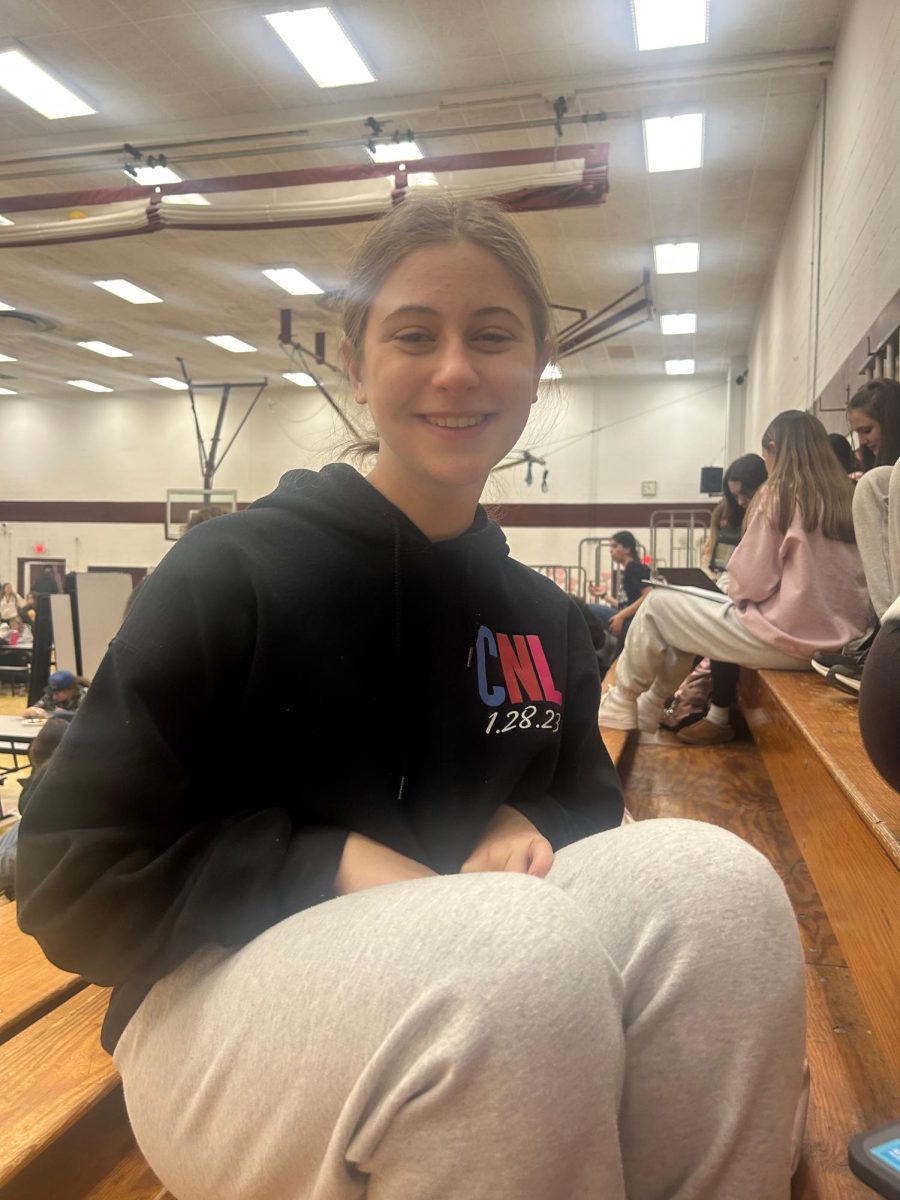Former Theranos CEO Elizabeth Holmes Found Guilty On 4 Counts
January 10, 2022
On Monday, January 3, 2022, the new year rolled in with the conviction of Elizabeth Holmes, former CEO of the medical company Theranos. The jury found Holmes guilty of three counts of wire fraud and one count of conspiracy. Each count carries a sentence of 20 years, which according to experts will most likely be decreased in Holmes’ case.
Holmes took the medical world by storm with her revolutionary idea turned company Theranos, which claimed to have produced blood tests where a couple of drops of blood from the finger could be tested for millions of diseases within fifteen minutes. She was seen on magazine covers usually sporting a black turtleneck, emulating Steve Jobs, the late Apple CEO, whom she deeply admired. Many applauded her drive and her innovative thinking that could forever change the world. However, she had everyone fooled.
After dropping out of Stanford University her sophomore year, Holmes launched Theranos at the age of 19 in 2003. “We focused on creating a customized medicine tool that could be used in the home by every patient, so that every day, a patient can get real-time analysis of their blood samples,” Holmes shared in an interview with the radio show Tech Nation in 2005. It was a brilliant, safe, efficient, and accessible idea. So brilliant that it attracted attention from extremely wealthy individuals.
Holmes was able to secure millions of dollars of investments from individuals such as media mogul Rupert Murdoch, former Secretary of Education Betsy Devos, and the Walmart Walton family.
Yet, she never delivered on the promises of Theranos. When Theranos’ machines were rolled out to Walgreen stores in California and Arizona, they gave patients false and/or flawed results. One user testified that the Theranos test led her to believe she had suffered a miscarriage when she did not. Another user believed that her cancer had returned when once again, it had not.
In 2015, the Wall Street Journal began to publish a series of exposés that revealed the dishonest practices of Theranos. The exposé revealed that Theranos’ testing methods were not accurate and relied on traditional testing methods, not the new, innovative method it had promised. This report drew the attention of federal agencies to launch an investigation into Theranos. In March of 2018, the Securities and Exchange Commission charged Holmes on the count of widespread fraud. By September, Theranos was shut down.
During the trial, Holmes testified that her ex-boyfriend and former Theranos COO Ramesh “Sunny” Balwani had sexually abused her during their time together. Holmes went further to share that Balwani had controlled every aspect of their relationship in order to help her become successful. “He impacted everything about who I was, and I don’t fully understand that,” Holmes testified. Balwani faces the same charges and has plead “not guilty.”
Prosecutor Jeff Schenk made a clear case in the closing argument, “She chose fraud over business failure. She chose to be dishonest with investors and patients. That choice was not only callous, it was criminal.”
The four-month-long trial finally came to an end on Monday after the jury deliberated for over 50 hours. Charged with eleven federal counts, the jury found Holmes guilty of only four charges. The jury found her not guilty of the four other charges and could not reach a unanimous verdict on the other three charges. U.S. District Judge for the Northern District of California Edward Davila plans to declare a mistrial for those three charges.
On social media platforms like TikTok and Instagram, Holmes is hailed as a “girl boss.” The hashtag #ElizabethHolmes has over 20 million views on TikTok. Users replicate her signature red lip and black turtleneck look.
As Holmes awaits her sentencing, she is expected to appeal the verdict.
Jay Ferreria, a senior at Wayne Hills High School, shared her opinions on Holmes’ verdict. “When you promise something that you can’t deliver on, you are, undeniably, lying. Trust is one of the most important factors between a brand and its consumers, if the consumer cannot trust a company or brand then they won’t buy from that company,” Ferreria explained, “Beyond that, it makes them hesitant to trust another company in the future even if that company truly does have their best interest at heart. By lying to her consumers she was breaking that trust. And that, in essence, is fraud, which is what she was convicted of. As for people praising her actions, it is hard to approve of looking up to someone who would so willingly lie to people who put their trust in her. I’m not really sure if that’s the kind of role model that I would want to be looking up to.”







